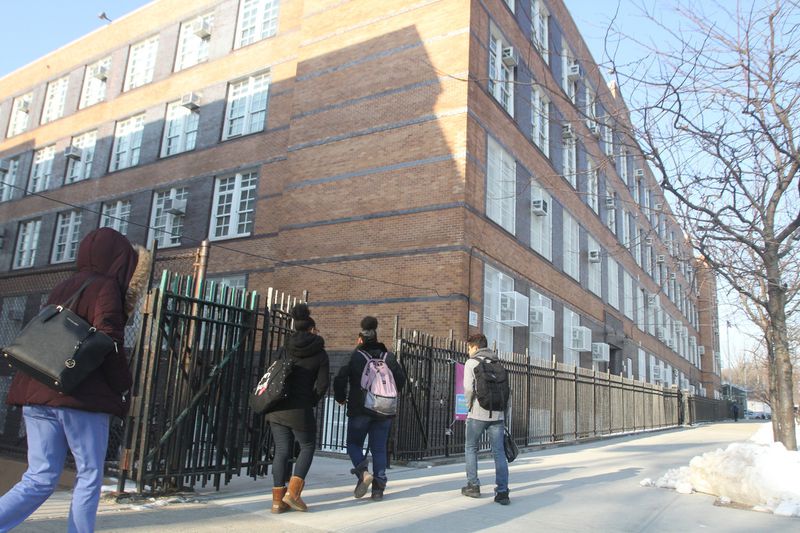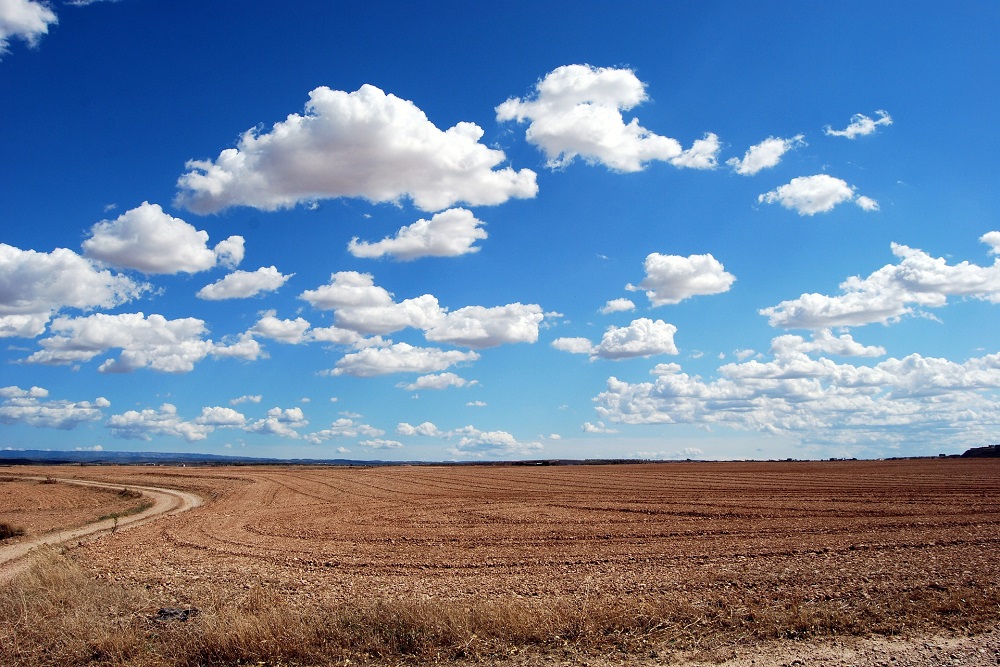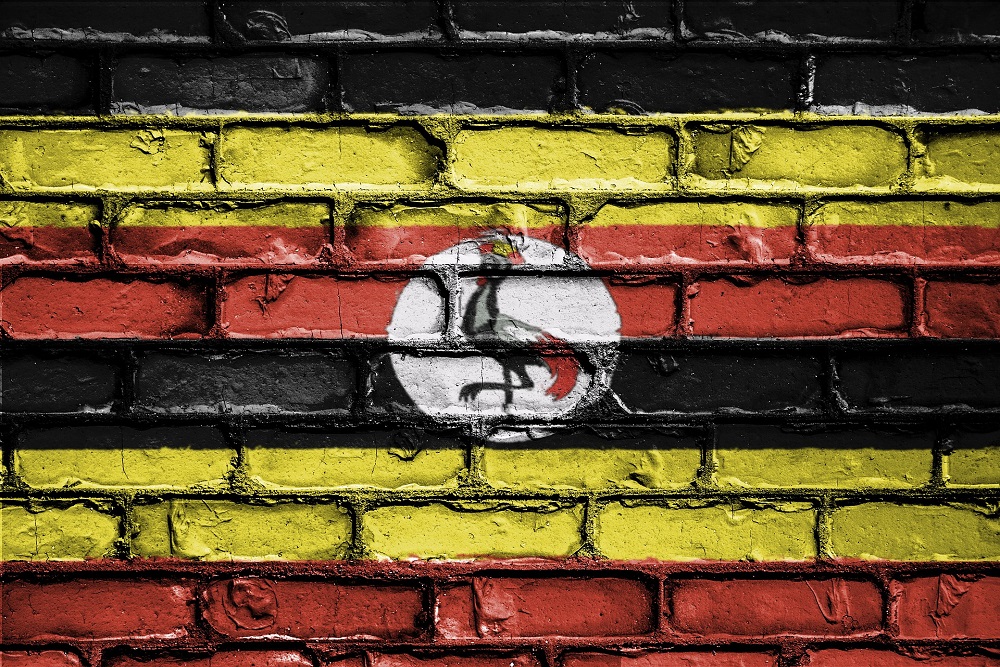Blockchain helps the African continent face tough challenges in meeting UNESCO goals, with obstacles ranging from lack of access to current educational materials to the absence of high-quality teachers.
Every day in communities, people grow tomatoes, have their hair done and buy bread. When national currencies are in scarce supply, the exchange of these goods and services slow down because there is no medium of exchange, other than barter.
Public spending on education has been growing in Africa at a similar percentage to the USA spending, but these challenges cannot be overcome simply by building more institutions or hiring additional teachers.
The current pattern of sending aid funds into a zone without the implementation of sustainable local and community empowerment and buy-in, can cause other problems and exacerbate regional conflict instead of achieving real, lasting solutions for the local population.
Alternative blockchain community currencies that create closed-loop systems and promote the local economy are vital to achieve sustainable growth and keep children in school.
Aid funds could be sent directly to an individual’s blockchain wallet, allowing them to transact with other community members and other communities, stimulating the local economy with funds that now have to be spent on local goods and services (one being education).
In the current system. the aid resources received are often spent outside of the community and local economy is not stimulated.
Blockchain as a tool to fight poverty
A solution to improving education and the local economy with sustainable community-driven initiatives could be achieved by creating an education blockchain tokenomic system, such as the one proposed by English Forward.
Companies such as Grassroots Economics run by Will Ruddick, Bancor’s Director of Community Currencies, have successfully implemented and run community currencies for many years.
“Thanks to Bancor, blockchain is finally becoming a tool we can use to fight poverty.
Yesterday we had an amazing day in Mombasa field-testing the Bancor Wallet on the POA Network to enable zero-transaction fees and fast payments for local transactions. As tomatoes and chapati changed hands, local shop owners and their customers marked the first-ever community currency transactions on the blockchain.” – Will Ruddick
What is a closed-loop economy?
It is criminal to think that whole communities are impoverished, people are starving and children don’t go to school, not because there is a lack of innovation, skills or ideas, but because there are no viable means of exchange to facilitate these economic transactions.
Here is an example of a closed-loop economy using a blockchain community currency.
The following transactions all use a local blockchain currency than works alongside the national currency.
- A school teacher buys bread from her neighbor for one token.
- Her neighbor walks across the street and drops her shoes off with the cobbler for mending. The repair costs her one token.
- The cobbler needs his sewing machine serviced and pays the one token he received to the bicycle repair guy for the work done.
- The bicycle repair guy buys some tomatoes and water from a trader for lunch for one token.
- The trader walks over to the local school and pays her child’s school fees to our original teacher. The cost is one token.
How much work has that one token done? It has stimulated the local economy and kept a child in school. Every person in that chain has benefitted.
Things to ponder on moving forward...
- Domestic resources and donor funding are unlikely to increase rapidly enough in the coming years, and policymakers need to look to innovative solutions to improve access to and quality of education
- Education is the foundation for knowledge and innovation and is vital for peace, growth, empowerment, and equality.
- Blockchain is the glue that can keep it together.
Where are you in this equation? Let us connect if you want to participate in this earthmoving transformation that could benefit your own community.







